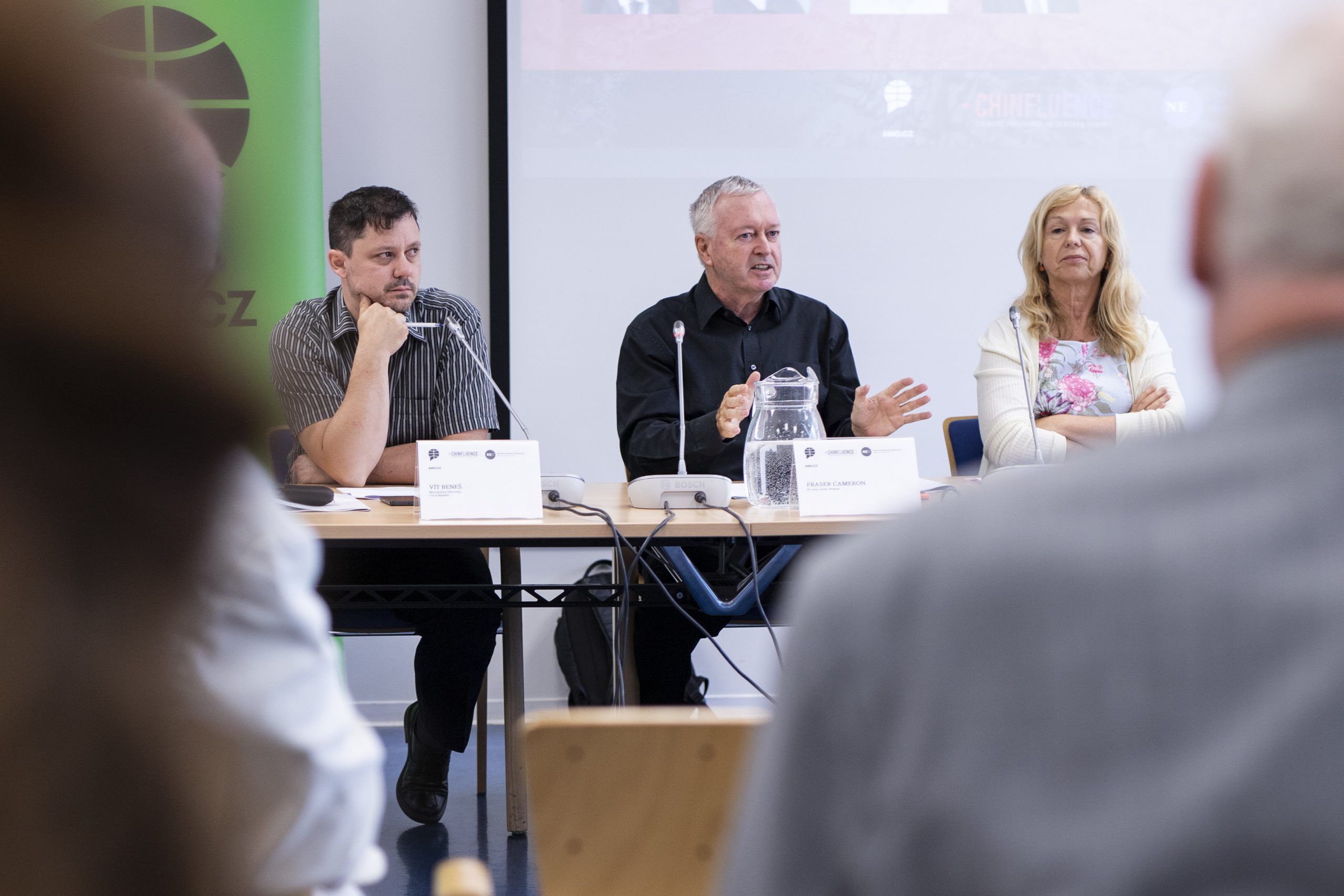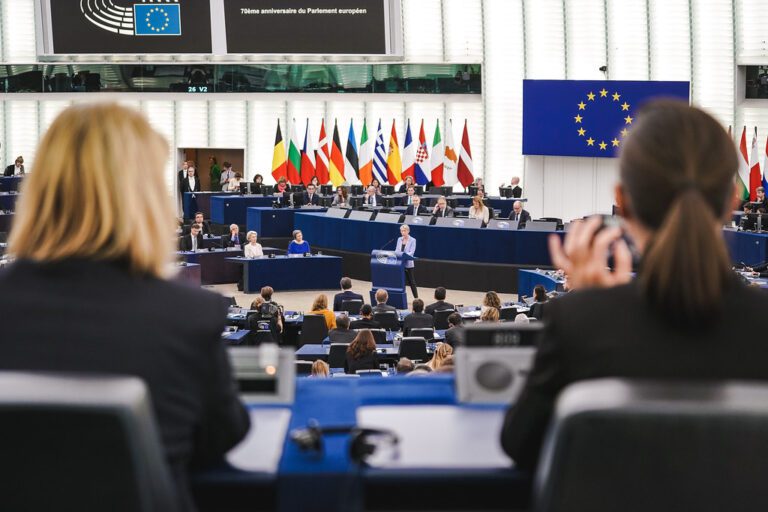
The EU now has a common strategy towards China following the March European Council approval of the joint EEAS/Commission strategy paper of the same month advocating a more robust approach towards China. Many were surprised that EU leaders agreed on a document labeling China ‘a systemic rival promoting alternative models of governance.’
The change came about after many years of frustration that China had not followed through on promises to move towards a level playing field in regard to trade and investment. Repeated European concerns about lack of market access, unfair procurement rules, intellectual property theft and enforced technology transfers for joint ventures went unanswered. In addition, there were concerns about China’s behaviour in the South China Sea and its Belt and Road Initiative that did not follow international norms on transparency and sustainability. US pressure, especially on Huawei, also contributed to the new EU approach, which can be characterized by the word: reciprocity.
It remains to be seen how the EU will implement this new approach. Much will depend on the outcome of the current bilateral investment treaty negotiations that have been dragging on for five years. The Chinese attitude to WTO reform will also be critical, as this entails discussion of e-commerce, data protection and industrial subsidies.
It has taken the EU almost two decades to reach this position, a period many would characterize by ignorance, naiveté and division on the EU side. The EU had too few experts on China, many believed that China would liberalize as it became richer, and member states were divided on how to deal with China. The 16+1 arrangement was a symptom of these divisions.
Moving forward, there is no magic bullet in dealing with China. The EU has to recognize that it is dealing with a formidable rival with different values and aims. It needs a comprehensive approach to China covering all sectors, from trade and industrial policy to foreign and security policy, plus human rights. There needs to be more understanding of Chinese history, culture and language. The QMV principle on CFSP should go, as it has been used to block critical resolutions on China. And China should feature much more frequently on the agenda of the Foreign Affairs Council and the European Council. EU leaders must continue to sing from the same hymn sheet, as only a united EU can stand up to Beijing.
Remarks by Dr. Fraser Cameron, Director, EU-Asia Centre, at the international conference EU and China: From Strategic Partner to Systemic Rival, organized by the Association for International Affairs (AMO) in Prague as a part of ChinfluenCE and CHOICE activities on June 11, 2019.
Written by
Fraser Cameron
Fraser Cameron is Director of the EU-Asia Centre in Brussels, a think tank seeking to promote closer relations between the EU and Asia. He is a former European Commission advisor, Senior Advisor to the European Policy Centre and the German Institute of Global Affairs. He has also been a visiting professor at the Hertie School of Governance in Berlin, St Andrews University, Scotland, and the University of Auckland, New Zealand.


